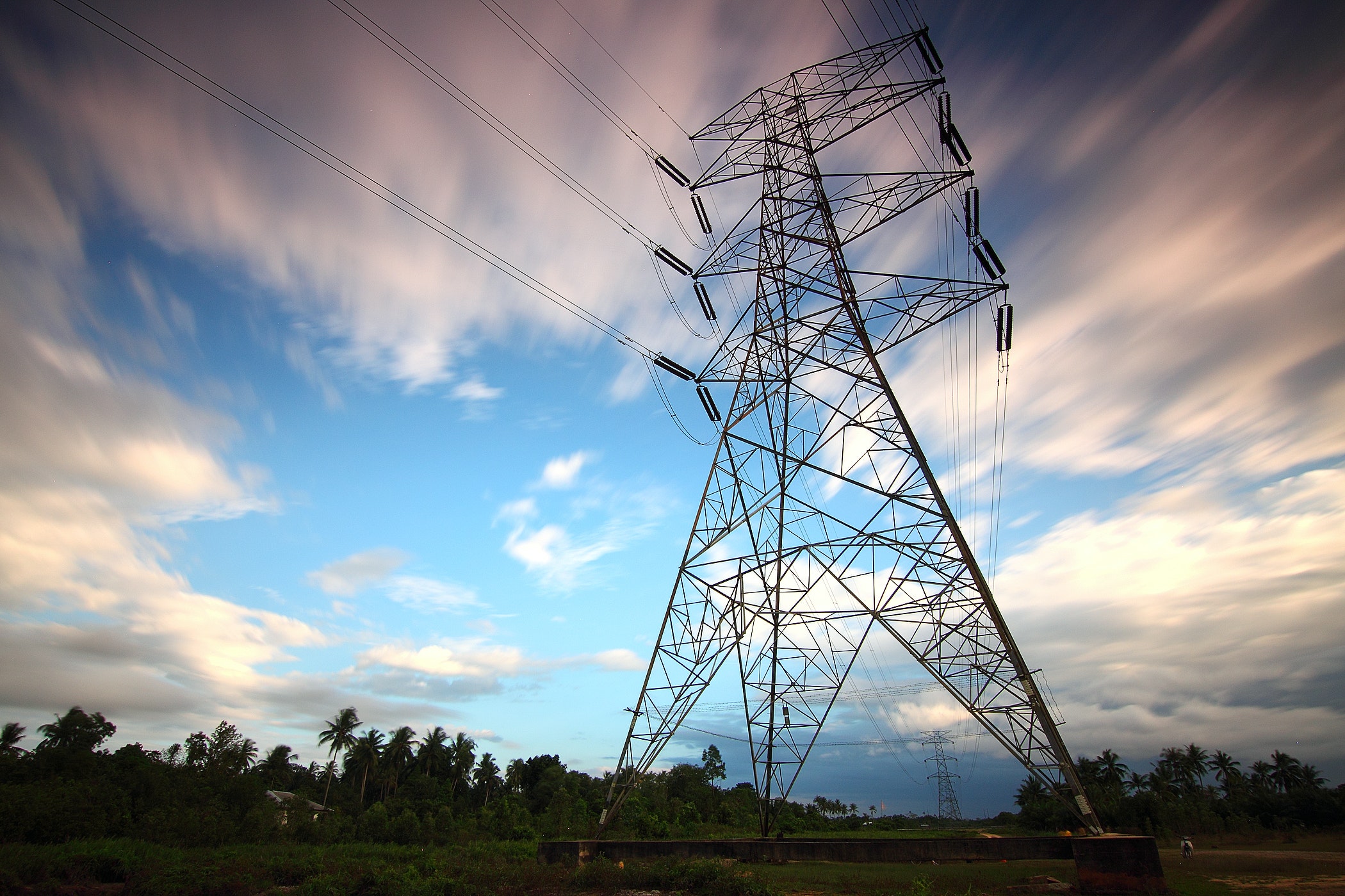
A hard winter is coming with numerous demonstrations expected in European countries because of soaring prices.Continue reading
The importance of the TurkStream gas pipeline has been increased by the fact that the operation of the Nord Stream pipeline under the Baltic Sea is not guaranteed, said Hungarian Foreign Minister Péter Szijjártó at a meeting of energy ministers from the Organization of Turkic States (OCT) in Almaty, Kazakhstan, on Wednesday.
He therefore called on the leaders of the countries through which the pipeline passes to pay attention to the functioning of the TurkStream. He also pointed out that the Hungarian government had come under attack for the implementation of the TurkStream project, but that without the pipeline Hungary would be in big trouble.
There have been reports coming from Denmark and Sweden about leaks in the Nord Stream 1 and 2 pipelines on the section under the Baltic Sea. Currently, neither pipeline is transporting gas towards Europe, even though they both contain gas. According to BBC, seismologists reported underwater blasts just before the leaks appeared. As the latest news say, Sweden found a new leak in the pipeline on Thursday.

Gas is bursting from one of the leaks in the Nord Stream pipeline in the Baltic Sea
Now major political actors are pointing the finger at each other on what or who caused the leaks. The European Union says that it was sabotage and blames Russia for what happened – even though it would not be in the interest of Russia to cause damage to its own infrastructure. European Commission President Ursula von der Leyen said that what happened was a “deliberate disruption of active European energy infrastructure.” Others indicated that the United States might be behind the incident, but so far, these are merely theories.
At the meeting in Kazakhstan, Péter Szijjártó emphasized that Europe is facing a serious energy crisis that is affecting the whole world as a result of the war in Ukraine, and the sanctions imposed by the European Union against Russia. However, these sanctions are more painful for Europe than for the Russian Federation, he added.
He said that for the Hungarian government, energy security was not an ideological or political issue, but a “physical” one, and therefore, where energy was bought from was not a political issue either.
Accordingly, the Hungarian government has never supported and will never support any sanctions that would endanger Hungary’s energy supply, be it nuclear energy, oil, or gas, Szijjártó stated.
The Minister stressed that in this situation, increased attention must be paid to the safety of the TurkStream in order to avoid incidents such as those involving Nord Stream 1 and 2. TurkStream is the southern route through which 50-60% of Russian gas arrives in Hungary, which has made it possible to store 42% of annual consumption, he said. In this context, he noted that the filling level of Western European reservoirs covers only 23 percent of annual consumption.
Szijjártó also said that the current situation makes it necessary to find new energy sources. He pointed out that 10.5 percent of global gas reserves are located in Central Asia.
Therefore, the European Union is urged to make efforts to build infrastructure to ensure the use of gas resources in Azerbaijan, the Caucasus, and Central Asia, and to conclude the necessary trade agreements.
There is a need to increase the capacity of the trans-Anatolian and trans-Adriatic pipelines and to link the Southern Gas Corridor with Central Europe via the Western Balkans, he said. They also support a project to bring green electricity generated by wind power to Europe from Azerbaijan via submarine pipelines, he added.
Finally, he said that 50 percent of Hungary’s electricity needs are met by nuclear energy. This is why the Hungarian government has decided to build a new nuclear power plant with a capacity of 2,400 megawatts in cooperation with an international consortium led by Rosatom, the Minister said, noting that the new reactors will be operational in 2030.
The importance of the green energy transition was also on the agenda. Szijjártó said that Hungary is committed to environmental protection, but must prevent green issues from being appropriated by political movements.
Meanwhile, also in the spirit of the Eastern Partnership, László Kövér, Speaker of the Hungarian Parliament, held talks with Mustafa Sentop, President of the Turkish Grand National Assembly, in Budapest on Wednesday. During the meeting, they reviewed the impact and threats of the Ukrainian-Russian war on security and the economy.
Hungary appreciates the stabilizing, balancing, and supporting role Turkey plays for the benefit of the European Union,”
he said.
The President of the Hungarian National Assembly also highlighted that Turkey, like the Western Balkan countries, should be in the European Union. Kövér described Hungarian-Turkish bilateral relations as excellent, which were also confirmed by the parties on this visit.
Mustafa Sentop, Speaker of the Turkish Grand National Assembly, said that they had assessed the cooperation between the parliaments of the two countries and its future potential at a higher level. He said it was important that Hungary was taking a realistic approach to the problems related to the Ukrainian-Russian war. He expressed his special thanks for Hungary’s support for Turkey’s application for EU membership.
Featured photos via Facebook and Twitter